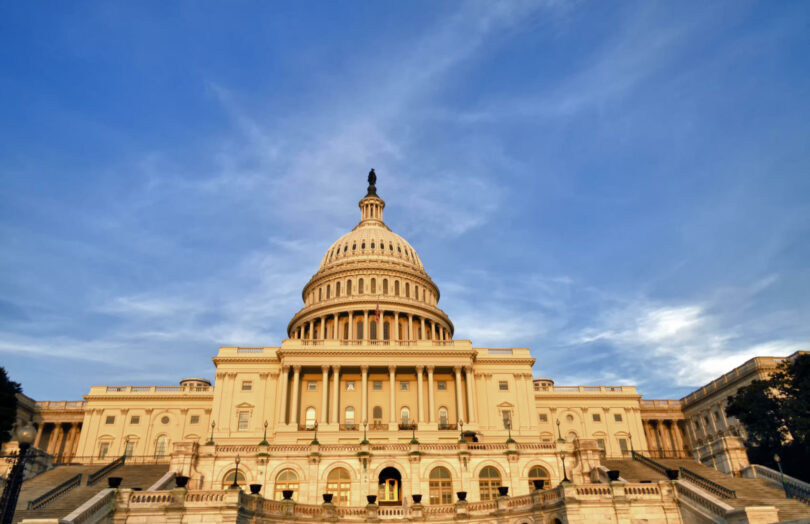The Clarity Act, a major piece of US crypto legislation to regulate market infrastructure, yesterday advanced through two key House committees with jurisdiction over different regulators. The House Agriculture Committee, which oversees the CFTC, marked up and passed the bill with a vote of 47-6. Shortly afterward, the House Financial Services Committee, responsible for SEC oversight, made its own amendments and approved the legislation 32-19. The two committees must now consolidate their respective changes before the full House can vote on the bill.
The bipartisan support was reflected in accompanying statements from committee leadership.
“Blockchain technology and digital assets are reshaping the future of American finance – one that includes a more secure, decentralized, and inclusive system. Congress has a historic opportunity to provide the clear regulatory framework needed to unlock this innovation,” said Financial Services Committee Chair French Hill. He thanked his colleagues from both parties for their support.
Last year the House passed the FIT 21 bill with similar aims, but without Senate approval, there was a need to restart the process. While both bills aim to provide regulatory clarity for digital assets, the Clarity Act takes quite a different approach regarding which tokens are covered, although some are concerned that only a few tokens will qualify, leaving too many still unregulated.
So far the Senate has yet to publish its own bill, although Senator Lummis has said it is a work in progress.
Meanwhile, stablecoin legislation is much further along, with both the House and Senate having their own bills. On Monday Senator Thune pushed through procedural motions regarding the GENIUS Act, which will truncate the amendment process. Potentially there could be a full Senate vote this week.

🙏 Donations Accepted 🙏
If you find value in my content, consider showing your support via:
💳 PayPal:
1) Simply scan the QR code below 📲
2) or visit https://www.paypal.me/thedinarian
🔗 Crypto – Support via Coinbase Wallet to: [email protected]
Or Buy me a coffee: https://buymeacoffee.com/thedinarian
Your generosity keeps this mission alive, for all! Namasté 🙏 The Dinarian












 All while Pfizer—a company with a $2.3 billion criminal fine for fraudulent marketing, bribery, and kickbacks—was given blanket immunity from liability and billions in taxpayer dollars to produce a vaccine in record time with no long-term safety data.
All while Pfizer—a company with a $2.3 billion criminal fine for fraudulent marketing, bribery, and kickbacks—was given blanket immunity from liability and billions in taxpayer dollars to produce a vaccine in record time with no long-term safety data.
























